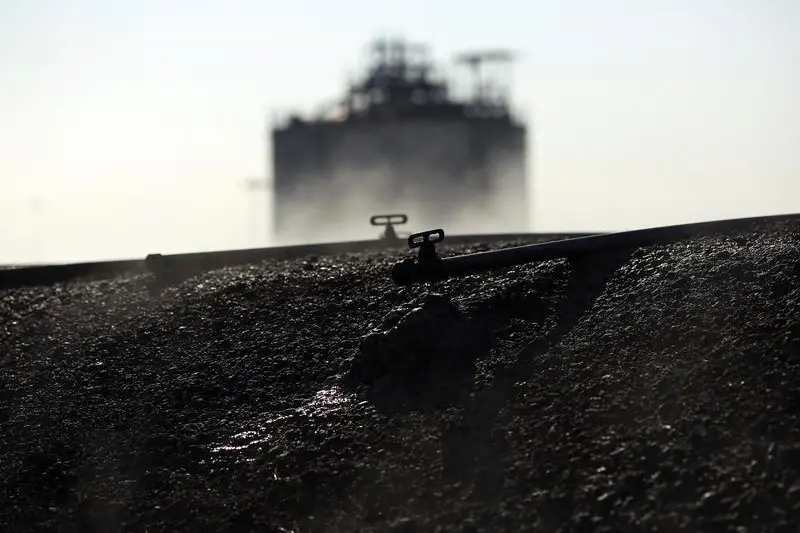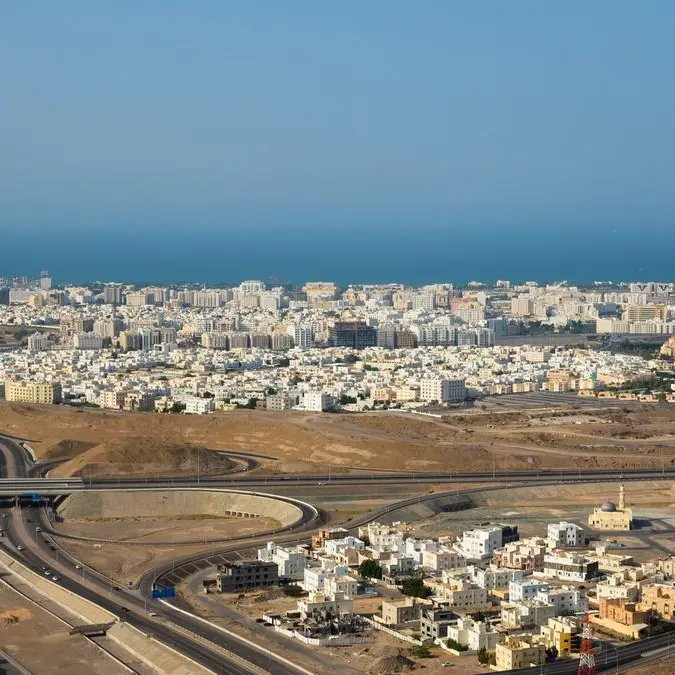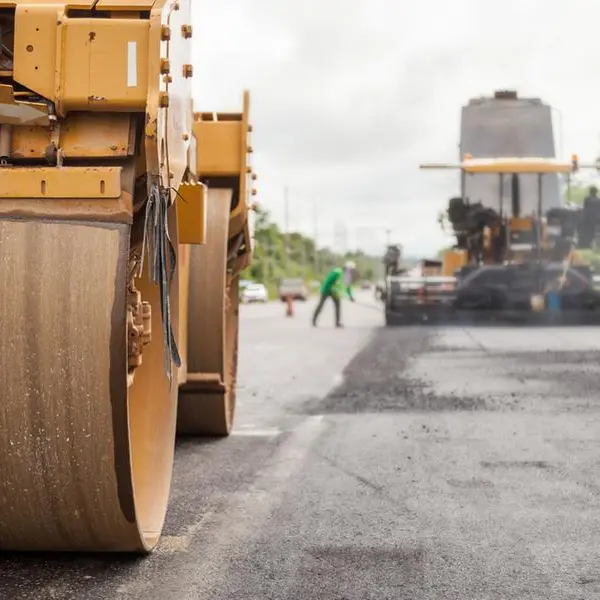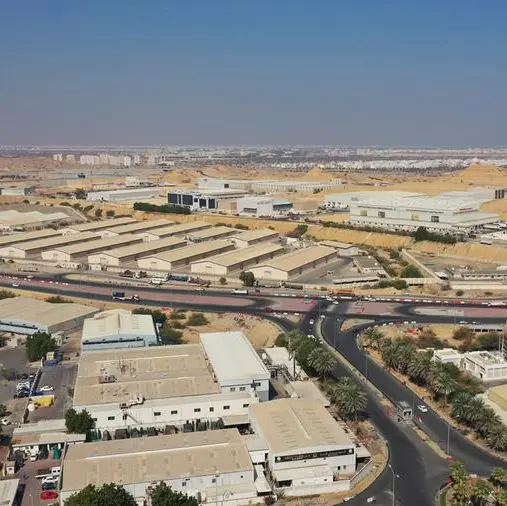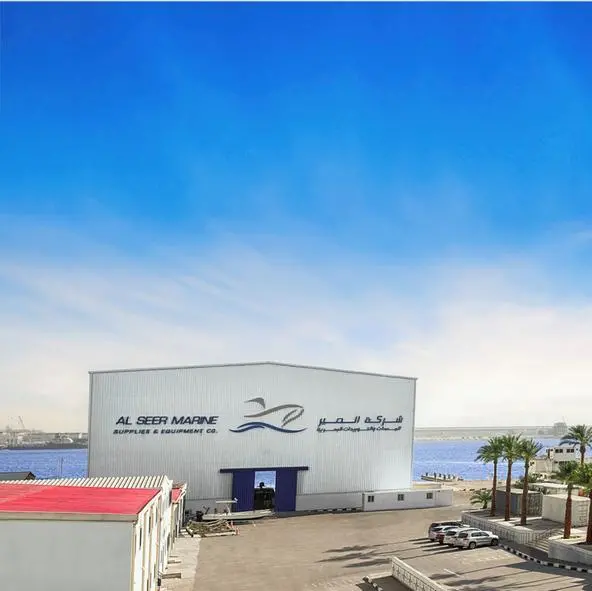PHOTO
Seeking to divert municipal and household waste away from landfills and into value-adding recycling initiatives, be’ah – the state-owned entity overseeing the management of the country’s solid waste sector – says it is weighing plans for the establishment of a commercial-scale biogas plant to support grid-connected electricity generation.
A likely location for the proposed facility is South Al Batinah Governorate, where Oman’s first Waste-to-Energy (WTE) – also backed by be’ah -- is envisioned as well.
According to be’ah, the proposed biogas plant will process organic waste to produce electricity via the anaerobic digestion process. Around 150-200 tonnes per day of organic waste, segregated at source, will be required as feedstock for a typical biogas plant for electricity production.
This volume of organic waste, gleaned from a variety of sources -- households, hotels and restaurants, industrial caterers, food processing units, farms, livestock yards, meat and fish processing plants, among other sources -- will contribute to a dramatic reduction in waste currently being disposed of in landfills, it is pointed out.
While power generation is the main objective, biogas plants can be upgraded to produce bio-methane for use in other industries. Digestate and high-quality organic fertilisers can also be produced for use in agriculture as soil compost or soil enhancers, according to be’ah – part of Oman Investment Authority (OIA).
“Strategically, be’ah plans to support the development of multiple biogas plants across the Sultanate of Oman. With the project still in concept phase, be’ah is currently aligning with a number of entities interested in setting up a biogas plant at their premises as a solution to treat organic waste generated on site or from surrounding areas. The project is anticipated to be tendered out in 2022 in alignment with all project stakeholders,” the company stated.
Diverting waste from landfills into commercially viable recycling initiatives is a key part of be’ah’s mandate, says Eng Ahmed bin Hamed al Subhi, Chairman of the Board of Directors, be’ah.
“Our aim at be’ah is to divert 60 per cent of waste from landfills by 2025 and 80 per cent by 2030. To achieve these ambitious goals, we seek to develop a commercially sustainable operational environment, where waste management practices incorporate economic factors as well as social and environmental concerns to create a truly sustainable system. Our plans were designed and detailed to promote be’ah’s environmental excellence by focusing on energy and material recovery,” he said.
Another strategic initiative that will help be’ah substantially reduce some of the estimated 2.5 million tonnes of municipal solid waste ending up in landfills every year is the Waste to Energy (WTE) project.
Earlier this year, be’ah signed a Memorandum of Cooperation with Oman Power and Water Procurement Company (OPWP), the sole buyer of electricity and desalinated water output in the country, to support the development of a WTE plant as an Independent Power Project (IPP).
According to be’ah, the proposed WTE plant will be located near the Barka Landfill in South Al Batinah, with operations planned to commence in 2027-2028. At full capacity, it will process approximately 4,500 tonnes per day of municipal waste to generate around 160 MWh of electricity that will be fed into the main grid.
“Other by-products from the plant such as recovered metals can be sold in the recycling market, bottom ash can also be utilised as landfill cover or as raw material input into other industrial processes,” said be’ah.
“The plant will be operated for 35 years as a BOOT project by an international experienced consortium who will be awarded the contract based on a competitive bidding process. This tendering process is currently underway,” it added.
2022 © All right reserved for Oman Establishment for Press, Publication and Advertising (OEPPA) Provided by SyndiGate Media Inc. (Syndigate.info).
